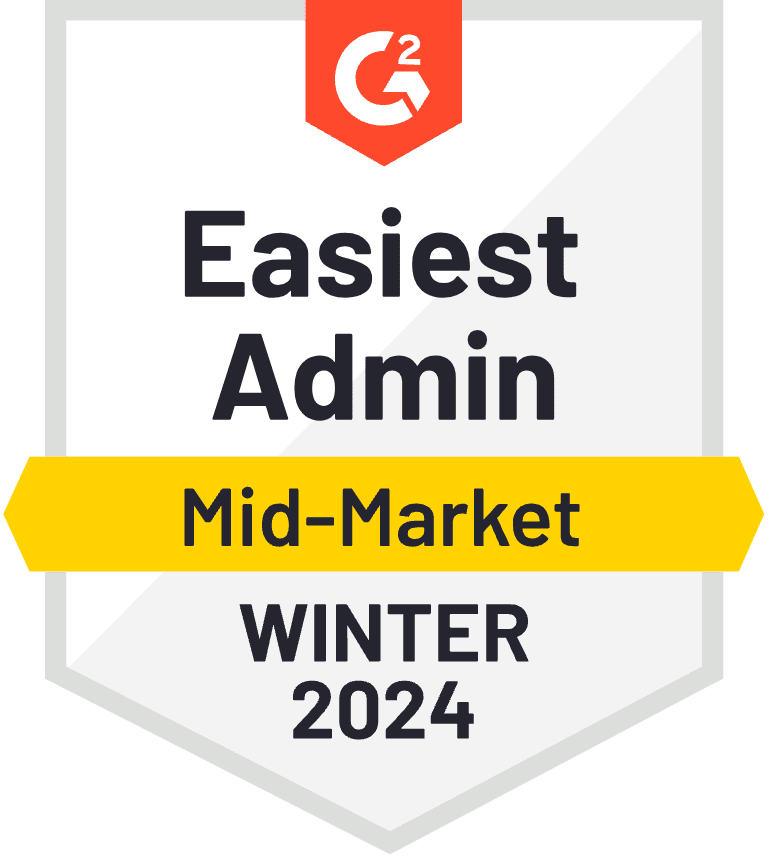Every key term small businesses need to know
This comprehensive list of definitions helps you understand apps, ecommerce, cloud hosting and retail from A-Z.

Mobile app glossary
iOS App
An iOS app is a mobile application developed specifically for devices including iPhone and iPad, which run on Apple's iOS operating system.
Android App
Android apps are software applications that run on devices powered by the Android OS and can be installed on smartphones, tablets + wearable devices.
Native App
Native apps are those that were designed to run on a particular operating system like Microsoft OS, Mac OS, Android OS and iOS.
App
An application is a type of software designed to perform specific functions on a mobile device, computer or digital platform. See benefits, examples & more.
API
An API is a collection of protocols and rules that connect different software applications and allows them to exchange information with each other.
App builder
An app builder is a platform that enables businesses to create and develop mobile applications without extensive coding knowledge or design experience.
Knowledge graph
A knowledge graph is a structured representation of data in the form of a network, illustrating the relationships and connections between various entities.
Cloud technology glossary
Shared hosting
Discover the benefits and limitations of shared hosting, an affordable and beginner-friendly web hosting solution for personal and small business websites.
VPS Hosting
VPS Hosting is a web hosting service that divides a single physical machine into multiple private servers, virtually providing dedicated resources and control.
IP Address
An Internet Protocol address is a unique number assigned to each device connected to a computer network that helps identify and locate devices.
App server
An app server is a software framework or platform that acts as an intermediary between users and back-end databases, handling business logic and data access.
Cloud hosting
Cloud hosting is a web hosting solution that leverages interconnected virtual and physical servers to provide flexibility, scalability and resource efficiency.
Business glossary
Assets
Business assets are resources owned or controlled by a company that hold economic value and contribute to its operations and future earnings.
Cash flow
Cash flow is the net movement of money into and out of business from operations, investments and financing activities. Cash flow provides insights into the company’s financial viability and ability to grow.
Break-even point
The break-even point is the stage at which a business's total revenue equals its total expenses and is widely considered as a precursor to profitability.
Margins
Discover the significance of margins in business profitability. From gross to net margins, learn how they impact growth and financial success. Read more.
Vendor Lock-in
Vendor lock-in is a situation where you’re trapped in using a specific company's products or services, making it challenging for you to switch to alternatives.
Ecommerce glossary
Ecommerce
Ecommerce is the process of buying and selling products & services online, allowing you to widen your reach, strengthen your brand and increase your profits.
A/B testing
A/B testing is a statistical method that compares two different versions of a web page, email, or ad to determine which one performs better.
Online store
An online store is a website, app or platform that helps businesses sell their products or services digitally.
Average order value
Average Order Value (AOV) refers to the average monetary amount spent by a customer in a single transaction with a business. See benefits, examples & more.
Bounce rate
Bounce rate calculates the percentage of users who leave – or bounce off – a webpage without viewing any additional pages. Discover how it’s calculated & more.
Checkout
Master the online shopping checkout: explore the standard steps, essential elements, and best practices for a seamless and satisfying experience.
Retail glossary
e-tailing
E-tailing, also known as electronic retailing or e-retailing, is the process of selling online through digital channels like websites and apps.
Mobile payments
Mobile payments allow you to make secure transactions from your mobile device via near-field communication (NFC) technology, instead of using cash or card.
Contactless payments
Contactless payment is a secure and wireless way to complete transactions without physically inserting credit or debit cards into payment terminals.
Deadstock
Deadstock refers to unsold products that remain in inventory, often unused or untouched for an extended period, including items that are out of season, discontinued or no longer in demand.
Click and Collect
Click and collect is a convenient shopping model that enables customers to purchase products online and conveniently collect them from a physical store location.

 Facebook
Facebook X
X LinkedIn
LinkedIn YouTube
YouTube Instagram
Instagram RSS
RSS


